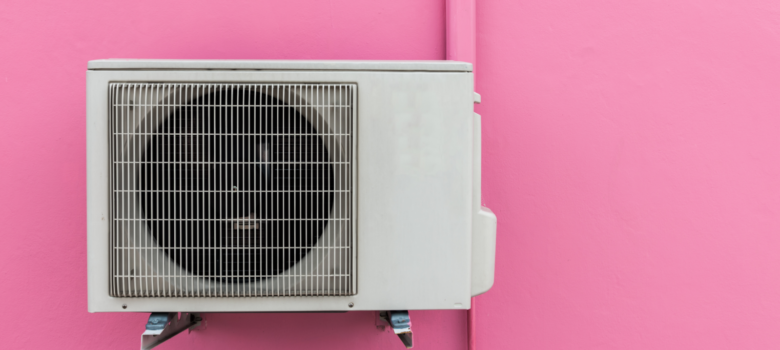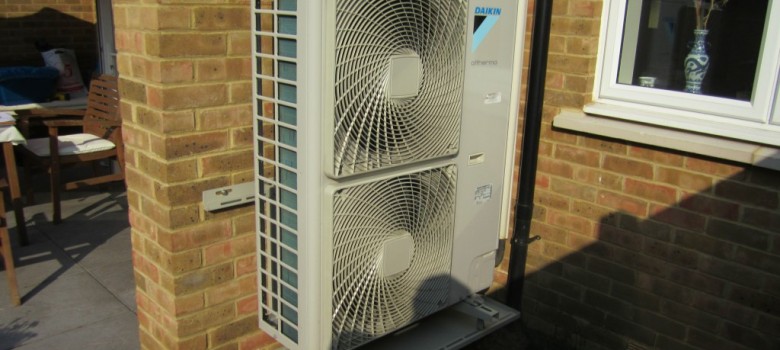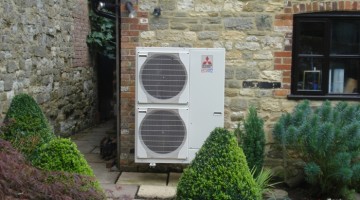
Air source heat pumps are a popular way to heat your home off-grid. They are efficient, take up little space, and can heat your hot water as well. So, what are some of the pitfalls and problems that come with an ASHP installation?
-
Quality of ASHP unit
Just like with boilers, there are good quality units and there are bad quality units. ASHPs can be quite expensive, and that can lead the consumer to go for a lower-quality product. Furthermore, because the market is fairly new and people don’t necessarily know the best brand names, it is easier to fool the customer into thinking they are getting a good quality system when perhaps they are not.
Low-quality ASHP units can come with plenty of problems. They tend to have smaller heat exchangers more liable to freezing in British winters. This can lower the efficiency of the heat pump as it tries to defrost itself. Better quality units designed for the British market have larger heat exchangers which are designed to avoid systems frosting up. Better quality systems are also quieter!
-
Siting the heat pump
The heat pump needs to be sited in the right spot. If sited incorrectly, the efficiency will likely be much lower, as the air that is released from the heat pump is drawn back in the other side. The other thing is noise – they aren’t that bad, but we have heard stories of neighbours taking issue with them, so do yourself a favour and keep them happy. Make sure the pump is sited away from your neighbours’ house just in case.
-
Quality of installer
Being a relatively new technology, there are plenty of cowboys out there who don’t know what they are doing. Make sure you use only MCS-accredited installers for this kind of work, and do your due diligence to ensure the installer has good feedback from other customers.
-
Appropriate property for ASHP
You can have a perfectly installed heat pump, but if the property is draughty and poorly insulated, the heat pump is never going to get the property up to temperature. Make sure that your home is properly insulated, and radiators sufficiently sized. This is something that an installer should check as part of the initial survey, but make sure that this is checked one way or another!

-
Claim your RHI
For those who are aware of the Renewable Heat Incentive, this part is obvious. Unfortunately, there are people installing heat pumps that are not aware of the scheme and leave it too late to claim, or have the system installed by someone who is not MCS-accredited and are therefore ineligible. Don’t make this mistake as it could cost you several thousand pounds. Once installed, you have 12 months to apply for the RHI, or you will miss out.
Installing heat pumps
Are you thinking about getting a heat pump? We have scoured the country for the best tradespeople, so that we can make sure we only recommend those we really trust.
If you would like us to find you a local heat pump installer, just fill in the form below and we will be in touch shortly!
Think we missed something? Do you have a different opinion?
Comment below to get your voice heard…













No Comments yet! Be the first one.